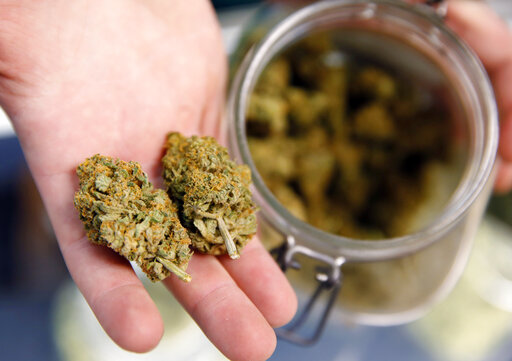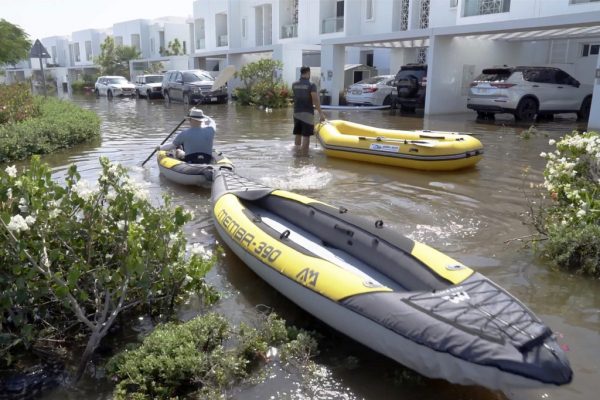
By Eric Moon SYRACUSE, N.Y. (NCC News) New York Governor Andrew Cuomo has vowed to pass legislation legalizing recreational marijuana through the state assembly by the end of next month. Gov. Cuomo made that proclamation at the beginning of April after legalization was dropped from the State budget. However, if legalization is passed, some experts say it could increase the risk of driving under the influence of marijuana within the state.
Ten states and the District of Columbia have legalized recreational marijuana as of May 7, 2019. One of those states, Colorado, has seen an increase in marijuana-related traffic fatalities. Between 2013 and 2017, marijuana-related traffic fatalities nearly doubled in Colorado, according to the Colorado Department of Criminal Justice.
Lauren Dutra studies marijuana as a social scientist at RTI International. Despite the increase in traffic fatalities, Dutra says testing for marijuana use among drivers is still subpar.
“We really don’t have a good way of seeing whether people were under the influence at the time that they drove,” said Dutra.
Nearly 70% of cannabis consumers in the state drove high at least once in 2017, according to findings published by the Colorado Department of Transportation last year. The same findings said more than a quarter of consumers drove high almost daily.
THC, Tetrahydrocannibinol, is the main ingredient in cannabis and its presence in marijuana can render findings from marijuana toxicology testing inconclusive. This is because THC remains in a person’s body longer than it impairs driving.
However, unlike alcohol use and blood alcohol content, there is no universal limit for driving under the influence of marijuana. The legal limit in Colorado is five nanograms of active THC, but some states with legalized marijuana have different limits. Some states, such as Oregon, have not set a legal limit.
With the significant amount of drivers operating under the influence of marijuana, Dutra says a universal legal limit is needed.
“We want an agreed upon level of impairment and a testing method for impairment that is better than what we have now,” said Dutra.
In New York, the Medical Society of the State of New York is publicly opposed to recreational marijuana legalization in part due to the risks of drugged driving. Thomas Madejski is a former President and current member of the Society. He says that risk increases when marijuana is combined with other substances such as alcohol.
“When you use it conjunction with alcohol, which happens not infrequently, there’s some synergy that makes the two worse than either individually,” said Madejski.
When tested, the presence of more than one substance makes it more difficult to isolate their separate effects, according to the Insurance Institute for Highway Safety.
Among drivers tested in 2016 following fatal traffic accidents, 44% of vehicle operators had drugs in their system, according to the Governors Highway Safety Association. Of those drivers, more than half had taken multiple drugs.
Madejski says that makes drugged driving a much bigger danger for every person on the road.
“As a tax-paying citizen, I find it immoral for the state to enact policies that could equate to higher risk and put my children and family at risk,” said Madejski. “This is not just the user having their personal freedom but again, it’s now infringing on my freedom and putting me at risk, so the drugged driving is a huge thing.”
Some New York police officers are receiving or have undergone training to conduct rigorous testing to determine if a driver is under the influence of marijuana. Gov. Cuomo’s legislation plan also calls for an increase in the number of drug recognition experts.




